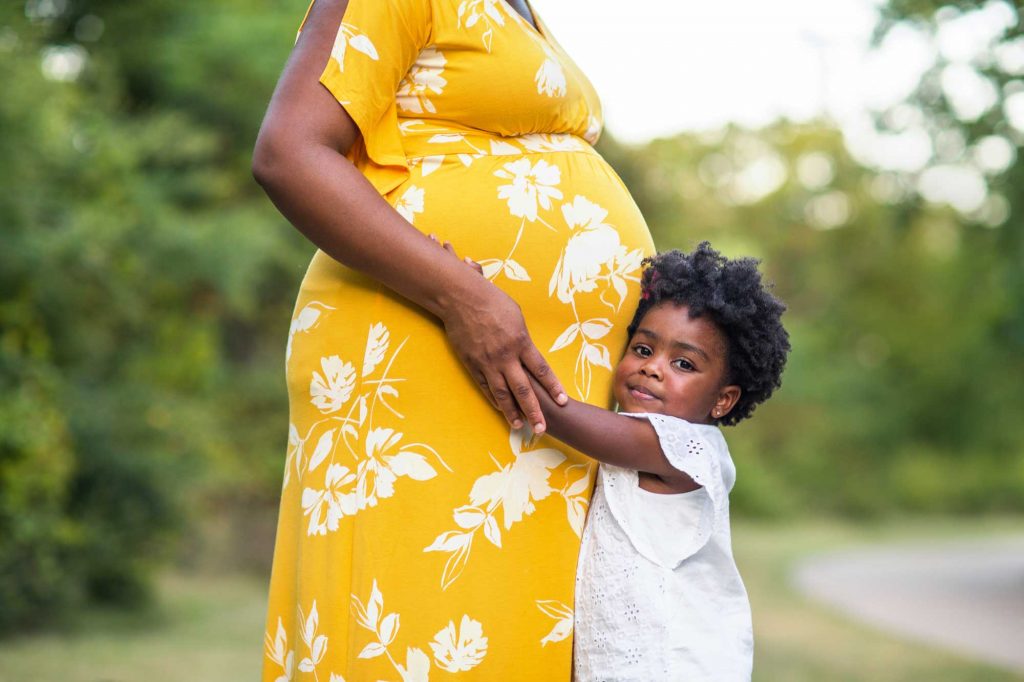Provider & Patient Engagement in Preventing Complications Associated with Pre-Eclampsia and Hypertensive Disorders in Pregnancy
Tuesday • January 09, 2024
8:00 AM

Maternal morbidity and mortality continues to be a critical issue in the United States, with maternal mortality rates significantly rising1 between 2018-2021. More than 1,200 women died in 2021 in the US from pregnancy-related causes, and non-Hispanic Black mothers are 2.5 times more likely to die1 than non-Hispanic White mothers. New Jersey, as of 2021, ranks 18th2 in the nation for its maternal mortality rate.
Let’s make New Jersey the safest and most equitable place in the nation to access reproductive health care, give birth, and raise a baby.
Join our collaborative educational series to tackle the top causes of maternal morbidity and mortality. Led by a multidisciplinary panel of maternal and reproductive health experts, discussion topics include Trending Maternal Infections, Perinatal Nutrition & Weight Management, Tools to Address Racial Bias & Stigma, Baby Loss, Perinatal Mental Health, and Contraception & Family Planning.
We aim to reduce maternal morbidity and mortality through a program that addresses systemic and social inequities, strengthens the maternal and child health workforce through education, and builds a collaborative learning community to drive sustainable change.
In addition to our ECHO sessions, we are excited to host a series of Community Chats on select Fridays from 12 pm -1 pm.
After participating in this ECHO, providers will be able to:
To view the CE Accreditation for CME, CNE, and Social Work credits, click here.
Information regarding New Jersey maternal mortality rate taken from the First Lady’s Nurture NJ Strategic Plan, to read more, click here.
This Rutgers Project ECHO is supported by the Health Resources and Services Administration (HRSA) of the U.S. Department of Health and Human Services (HHS) as part of an award totaling $10,361,110.00 with 0 percentage financed with non-governmental sources. The contents are those of the author(s) and do not necessarily represent the official views of, nor an endorsement, by HRSA, HHS, or the U.S. Government. For more information, please visit HRSA.gov.
© 2023 All rights reserved
Rutgers Project ECHO is administered by Rutgers Robert Wood Johnson Medical School with generous support from NJ Department of Health, NJ Department Human Services, and other funders.